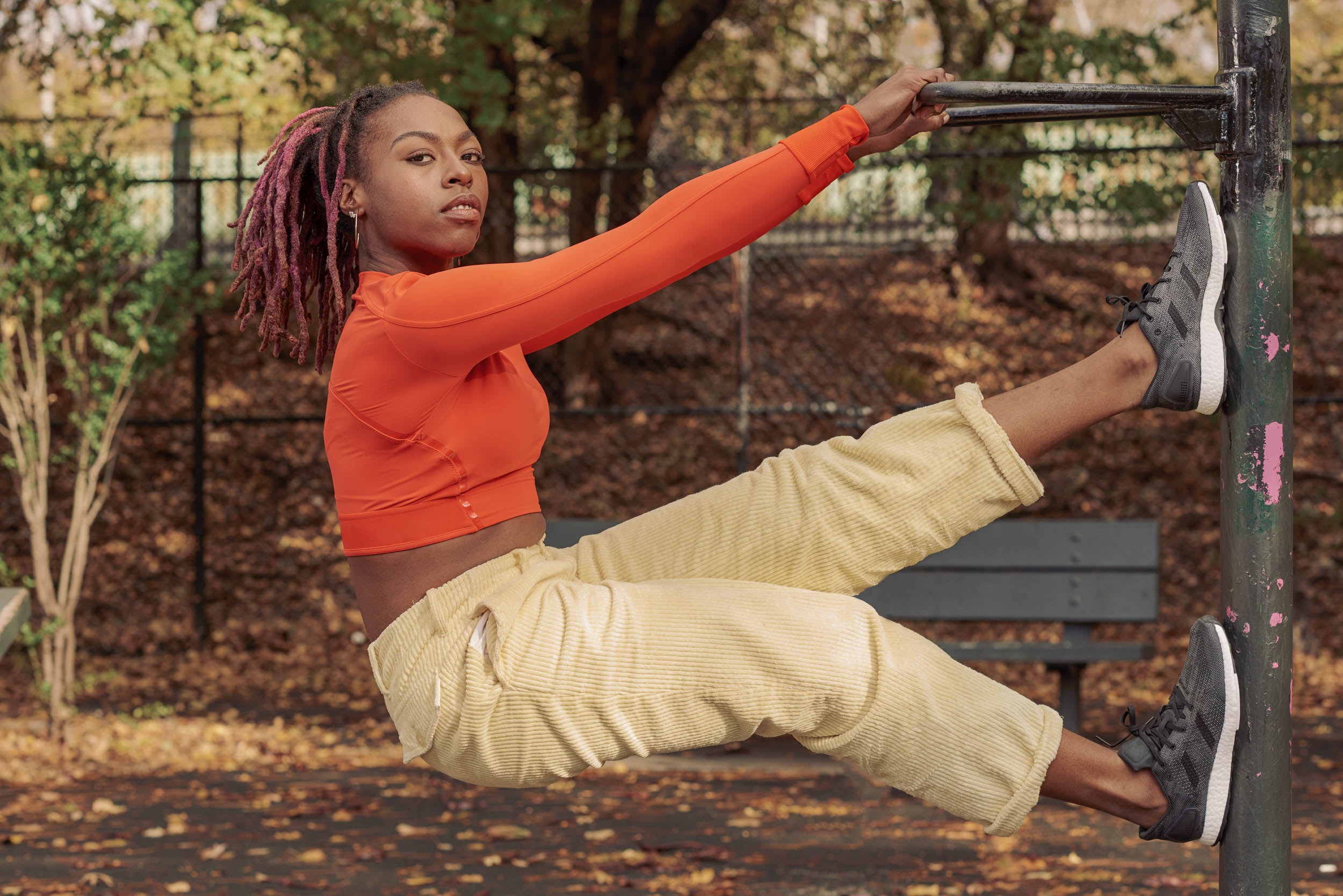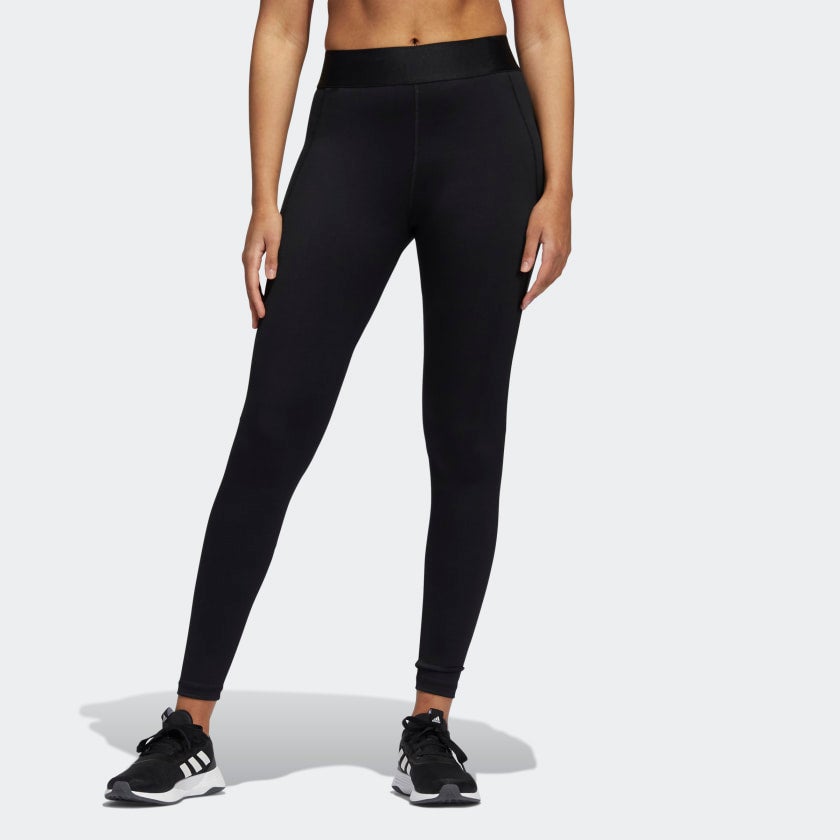Why Are Young Women Dropping Out Of Sports More Rapidly Than Men?

Participating in sport is a core element of growing up for so many people. It’s likely your first triumphs, losses, and hard truths were learnt while sweating it out on a school netball court or on the long drive home after a Saturday soccer match.
While the physical and social benefits of playing a sport are more obvious, various other benefits run deep.
According to research conducted by Ernst & Young in 2015, 61% of high school girls across the US who played a sport held an average grade point average (GPA) of 4.0. It was also found that 94% of women in C-Suite positions have a background in sport.
AdvertisementADVERTISEMENT
Despite this, young women are dropping out of sport and losing interest at an alarming rate.
A 2019 Australian Youth Confidence Report uncovered that by age 17, 50% of girls had dropped out of sport entirely, despite two-thirds acknowledging that sport can make them feel more confident. It has also been found that by age 14, many girls are dropping out of sports at two times the rate of boys.
These stats do check out. I vividly remember my interest in the sporting arena waning when I was around 11-years-old. I had considered myself ‘good’ at sport as a child, participating in soccer, tennis, competitive swimming and touch football. By the time high school rolled around, I found my perception of sports was brutish and dirty — it didn’t have the same feel-good competitiveness it did when I was a kid. I also became more self-conscious, and my high school was extremely selective in who they allowed to participate in sports (i.e. the girls who could perform on a state or national level).
My experience wasn’t uncommon. In fact, there are various factors contributing to women+ exiting the sporting arena before they’ve reached their potential or have even reaped the benefits of participation throughout their lives.
Being a teenage girl is complex — as much as it is a time of identity-forming and all of those whimsical adolescent experiences, it’s fuelled with uncertainty, confusion and, of course, raging hormones.
The onset of puberty is one of the most salient explainers as to why girls quit sport so early on. Developing breasts, oily skin, body odour and healthy weight gain can create anxiety and undeniably impact body confidence. In research conducted by womeininsport.org around girls' participation in sport during their teenage years, participants described sports as an ‘invisible stage’ in which they feel like everyone notices them.
AdvertisementADVERTISEMENT
The mere mention of being perceived by an outsider to a teenage girl can be frightening. Considering team sport is an arena in which judgement is expected, removing themselves from situations like this is an easy way to eradicate the fear.
Periods are a huge element of puberty for young people, and navigating them through sport can be tough. While I never complained about being able to fake my period to skip Year 8 swim class to sit on the grass and listen to All Time Low, the reality of having to wear a pad during a basketball game or learn how to use a tampon for swimming can be overwhelming. The worry of leaking, someone noticing that you have your period or even remembering to pack sanitary products for school and extracurriculars is nerve-wracking enough. In short, getting your period as a teen can be an isolating experience, no matter how many of your friends are going through it too.
Feeling confident and supported as a young person who experiences a period is essential. Rather than getting angry at myself for wanting nothing more than to nap after school when going through puberty, I wish I’d known how to manage my energy levels because of the cycle my body was enduring. I also wish I’d known the benefits of exercising through period pain or which exercises best suit different stages of the cycle. I wish I’d also not been so worried about wearing a pad during PDH practical classes (which seems silly now).
AdvertisementADVERTISEMENT
I’d like to think as a society, we’ve come to a greater level of understanding with periods, and the development of products like period undies, and adidas’ Techfit Period Proof Tights are just a few of the ways all menstruating people can feel supported and confident while playing sport. No one should miss out on the life-affirming benefits of exercise because of a period.
In recent years we’ve seen a societal paradigm shift towards women+ participating in sports professionally. However, media coverage still doesn’t reflect this.
According to Deakin University, coverage of women’s sport rarely rises above 10% of total sports coverage on any given day in Australia. Globally, 4% of sports media content is dedicated to women’s sport.
On International Women’s Day 2020, the ICC Women’s T20 World Cup Final was played between Australia and India to a record-breaking crowd at the MCG. Less than one-third (31.5%) of Australian sports media coverage that day was devoted to women’s sport — it’s truly shocking, considering the widespread support and interests fans have expressed in women’s cricket over the last few years.
There’s simply no wonder 1-in-3 Australian girls stop playing sport because they think they’re ‘not good at it’. Confidence is directly linked to representation, and our media is failing to lift up young women. The recent media backlash against Naomi Osaka’s withdrawal from the French Open is also telling of how we treat non-men in sport. The knee-jerk negativity showcased an ugly inherent need to prove that women aren’t worthy of their position in professional sport.
AdvertisementADVERTISEMENT
Girls globally are also subjected to 1.3 million fewer opportunities to play high school sports than boys have. The availability of quality, trained coaches for female teams is also lacking. This is reflected in the fact that female coaches made up just 9% of Australia’s coaches at the Rio Olympics in 2016. The trickle-down effect from a professional level to our community clubs is clear.
“Sport took me out of my destructive head and into my body during a really hard time in my life,” said 12-year-old Eliza Haughton during this TedTalk on what sport means to young women+ globally. It’s a sage reflection on how sport (and all movement) empowers us to stand strong in the face of adversity — not only physically but mentally.
The virtues of leadership, teamwork and confidence are traits that help glue women+ together — if young girls can’t access that through something as universal as sport, then we’re blocking out a generation of potential world-changers. Learning and experiencing camaraderie as a teen is essential to developing a sense of belonging, and teen girls shouldn’t have to miss out on that.
AdvertisementADVERTISEMENT








